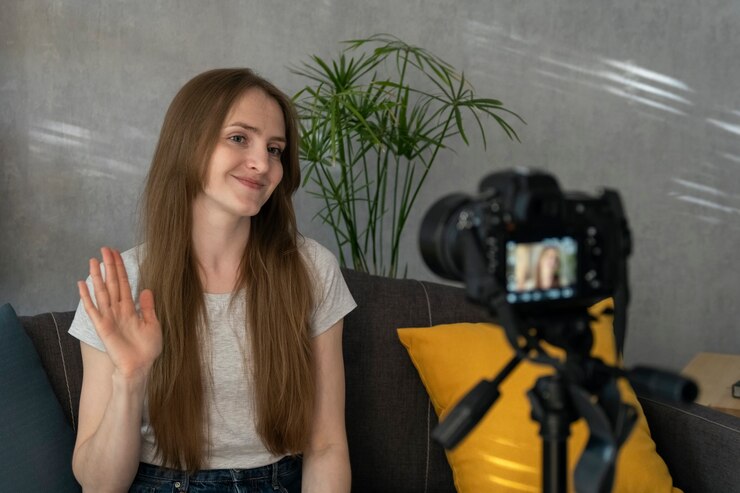In recent times, influencers have discovered a transformative method for engaging with their audiences—virtual retreats focused on mental health. This trend reflects a deepening awareness of mental well-being and showcases how influencers are creatively connecting with their followers in impactful ways.
Virtual retreats have emerged as a dynamic alternative to traditional online interactions. Unlike standard webinars or live streams, these retreats offer a richer, more immersive experience. They blend live sessions, interactive activities, and a strong sense of community, providing a unique platform for mental health support. As digital connections become increasingly vital, these retreats stand out for their ability to foster genuine engagement.
A key advantage of virtual retreats is their accessibility. By eliminating geographical barriers, these events make mental health support available to a global audience. This inclusivity ensures that valuable resources reach those who might otherwise be left out, broadening the scope of mental health care.
The interactive nature of virtual retreats also enhances participant engagement. Features like live discussions, Q&As, group activities, and workshops encourage active involvement, helping to build a robust sense of community. This deeper engagement is challenging to achieve through less interactive formats, making virtual retreats a more effective tool for fostering connections.
Influencers are adept at tailoring these retreats to specific mental health themes such as stress management, mindfulness, and self-care. This focus ensures that the content is both relevant and impactful, addressing participants’ needs in a meaningful way.
For instance, Jay Shetty, a former monk and motivational speaker, hosts virtual retreats centred on mindfulness and personal growth. His sessions include guided meditations, interactive workshops, and live Q&As, offering a comprehensive mental health experience that engages and supports his audience effectively.
Similarly, Brené Brown, renowned for her research on vulnerability and courage, has embraced virtual retreats to explore resilience and emotional well-being. Her retreats provide a platform for meaningful discussions and valuable insights, helping participants build resilience and enhance their emotional health.
Dr. Nicole LePera, known as The Holistic Psychologist, focuses her retreats on self-healing and holistic mental health. Her events feature group coaching sessions and guided self-reflection exercises, providing practical tools for emotional growth and self-improvement.
The success of these virtual retreats highlights a broader shift in mental health support. By creating interactive and supportive spaces, influencers are not only offering valuable assistance but also working to destigmatise mental health issues. This trend is particularly relevant in today’s world, where many people face increased stress and anxiety.
The rise of virtual retreats represents a significant evolution in how mental health support is delivered and experienced. Influencers are leading this change, leveraging digital platforms to forge deeper connections and provide meaningful support. By creating engaging and interactive environments, they are making mental health resources more accessible and impactful.
As virtual retreats continue to gain traction, they promise to foster a more connected and compassionate online community. This trend not only showcases the innovative ways influencers are contributing to mental well-being but also underscores the importance of adapting to the evolving landscape of digital engagement. Through these retreats, influencers are setting a new standard for mental health support, combining accessibility with a personal touch to benefit individuals seeking understanding and assistance in their mental health journeys.










Comments are closed.